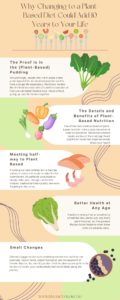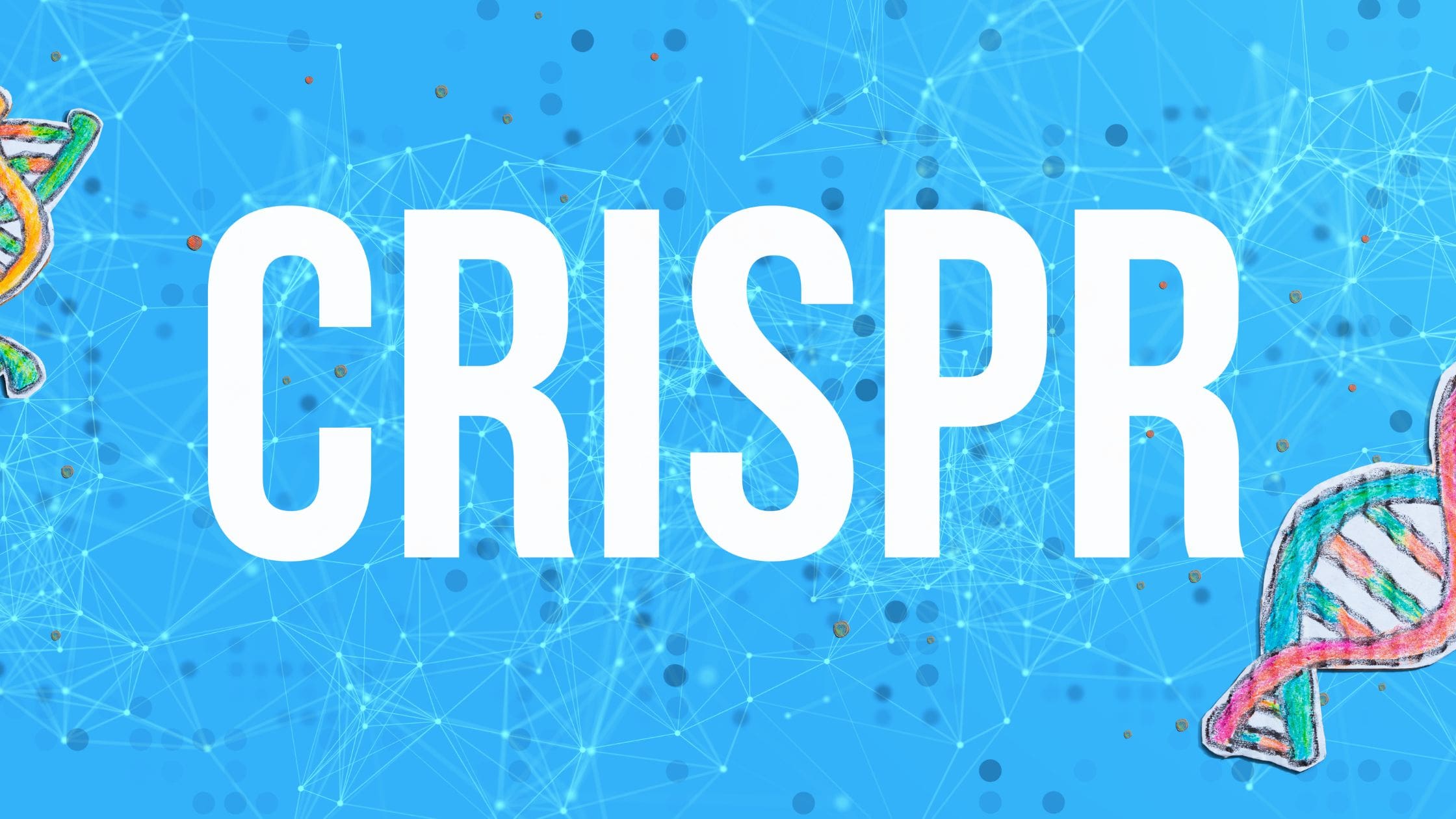It’s a widely accepted and unsurprising truth that nutrition directly impacts health. Regardless of age, the things we eat significantly influence how we feel, function and even behave.
In the ongoing quest for a longer, more healthful life, researchers have long sought out the best ingredients for longevity, specifically when it comes to nutrition. After decades of careful analysis, the consensus seems to be overwhelmingly leaning toward a plant-based structure.
According to a recent study from the University of Bergen in Norway, most people (specifically those currently eating a standard Western/American diet) can add at least a decade to their predicted life span by adjusting their current regimen in favor of a more plant-based diet.
The Proof is in the (Plant-Based) Pudding
Unsurprisingly, people who live in areas where plant-based diets are standard practice tend to have a longer life expectancy. Geographic regions that are home to some of the world’s oldest people are collectively —and unscientifically—known as “blue zones.” These areas include the Greek Isle of Icaria; Ogliastra, Sardinia; Okinawa, Japan; The Seventh-day Adventist community in Loma Linda, California; and Costa Rica’s Nicoya Peninsula.
In these very different regions of the world, the number of nonagenarians and centenarians per capita is higher than anywhere else. And while they’re all genetically and culturally very distinct, they share the commonality that their populations follow at least 95% plant-based diets.
While not all of these “blue zones” or their inhabitants are strictly vegetarian, meat consumption tends to be limited to indulging in around five times per month, if at all. The rest of their diet is rich in several other life-lengthening components like whole grains, legumes, healthy fats and veggies.
Don’t worry; transitioning to a more plant-based diet doesn’t mean you have to give up your favorite comfort foods overnight or commit to a strict vegetarian or vegan diet. Nutritional models like the Mediterranean diet are perfect examples of how you can better balance your intake without giving up specific foods altogether.
The Details and Benefits of Plant-Based Nutrition
One of the most obvious facets of plant-based nutrition is the drastic reduction of meat consumption. Red and processed meats are two of the most significant culprits for foods that might adversely affect your health. Though the delectability of a fast-food burger on a long road trip is debatable, its impact on your gut and arteries isn’t.
A typical Western diet leans heavily on meat for protein content and satiety. To fill those gaps in a plant-based structure, foods such as legumes, nuts and tofu swing in to save the day. Replacing your quarter-pounder with a chickpea burger might sound questionable. Still, it can be just as satisfying (and kinder to your body) if you dress it up properly with crisp veggies and delectable sauce.
If cutting out meat entirely isn’t a feasible option, or you’re not ready to make the full commitment, it’s perfectly acceptable to simply make small changes and better choices. Seafood and lean poultry are more forgiving in this arena, and many sea-faring options like salmon, sardines, and cod come with the added benefit of healthy fats.
The plant foods that compose a longevity-friendly diet are typically fiber-rich, supporting digestive health, heart health, and stable blood sugar. Ample servings of fruits and vegetables have significantly reduced the risk of heart disease, cancer and death. Nuts also pack a punch of fiber, protein, and polyunsaturated and monounsaturated fats to help combat mortality and disease.
Better Health at Any Age
There’s no wrong time to transition to a healthier diet, particularly one that’s plant-focused, but the greatest lifespan boost happens when these diets are adopted early.
Adults who embrace a plant-based lifestyle in their twenties stand to gain an average of eleven to thirteen years of bonus play. However, even people who made the change in diet, as late as their sixties, boosted their time on earth by about eight years.
Even small changes to your diet can lead you in the right direction. Eating foods with lots of colors, choosing unsaturated oils for cooking and consumption, or substituting plant protein for animal protein when possible are great places to start.
Evidence suggests that even small improvements in nutrition can positively impact mood, weight fluctuation and management of chronic disease. So, even if you don’t find the plant-paved path to the fountain of youth, you’ll undoubtedly feel much better along the journey.





